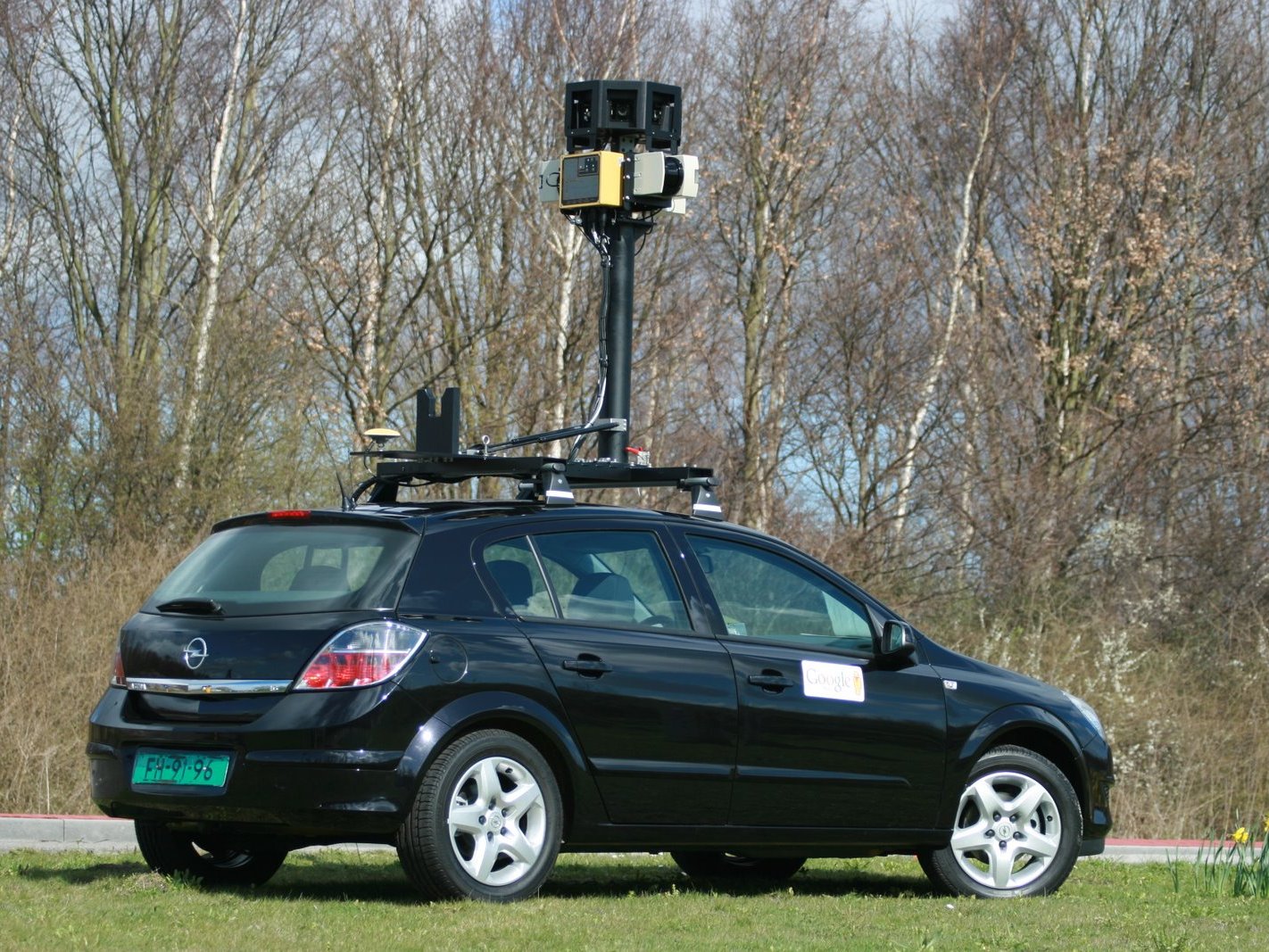Location-aware websites scare us silly
You can run, but you can't hide

We're not ones to miss a good time-wasting opportunity, so we've spent most of this morning using the new, improved Google Street View to look at the houses we used to live in and to sneer at our exes' choice of curtains. But Google's not the only firm on a geolocation tip. Everybody's at it.
You've been able to say where you're tweeting from for some time, but Twitter has added mapping to the main Twitter website. Where Twitter goes Facebook inevitably follows, and the social network will unveil its own location features at next month's F8 conference. Then there's the new breed of location-based sites and services such as Foursquare and Gowalla, and HTML5's built-in geolocation support.
It's all very clever and really, really scary.
The problem with location data is that it adds a whole new layer of information about you: there's a huge difference between reading a tweet then clicking on the user's profile, and reading a tweet, having a look at their house and finding where they are right now on a map.
It's all opt-in, of course, but anyone who's been watching the ongoing saga of Facebook redesigns knows how difficult it can be to work out what you're opting into and out of.
If you do opt-in to this stuff then the amount of data the firms can assemble is truly incredible: not just what you post, but where you were when you posted it.
If you're using a GPS-equipped smartphone that's accurate to within a few metres, and if the service you're using is storing all of that location data, it ends up with a very clear picture of your life: who you are, where you are and what you do when you're there. It's like being spied upon, but in reverse: you're the one spying on yourself.
Sign up for breaking news, reviews, opinion, top tech deals, and more.
If you're an exhibitionist, that's all very exciting. If you're not, it's all very alarming. Unless you're exceptionally good at saying no to people, your original plan to let only true friends connect with you on your chosen network fell by the wayside a long time ago.
Now, your friends list has your parents, your bosses, people you met once on a night out and a couple of sales reps on it. Do you really want all of them - or any of them - to know where you are at any given moment? When you tweet about how much you hate the BNP, do you want anyone searching for BNP critics to know what pub you're sitting in?
If the Government stored this amount of data we'd be hanging around Big Ben with barrels of explosives - yet we seem quite happy to hand it to remote, unaccountable, unelected corporations who don't necessarily have our best interests at heart.
When Google introduced Buzz it clearly didn't think about privacy, which was why it ended up reuniting abusive exes with the people trying to escape them and exposed journalists' potentially sensitive contacts - and of course CEO Eric Schmidt recently told CNBC that "If you have something that you don't want anyone to know, maybe you shouldn't be doing it in the first place."
Meanwhile Facebook appears to have changed its corporate mind about the importance of privacy too.
Its ill-fated ad system Beacon made it abundantly clear that profit was more important than privacy, while recently founder Mark Zuckerberg said that sharing is a "social norm" and that if he started Facebook today, the default would be to share everything with everyone.
As ReadWriteWeb put it: "350 million people signed up for Facebook under the belief their information could be shared just between trusted friends. Now the company says that's old news, that people are changing. I don't believe it."

Contributor
Writer, broadcaster, musician and kitchen gadget obsessive Carrie Marshall has been writing about tech since 1998, contributing sage advice and odd opinions to all kinds of magazines and websites as well as writing more than twenty books. Her latest, a love letter to music titled Small Town Joy, is on sale now. She is the singer in spectacularly obscure Glaswegian rock band Unquiet Mind.